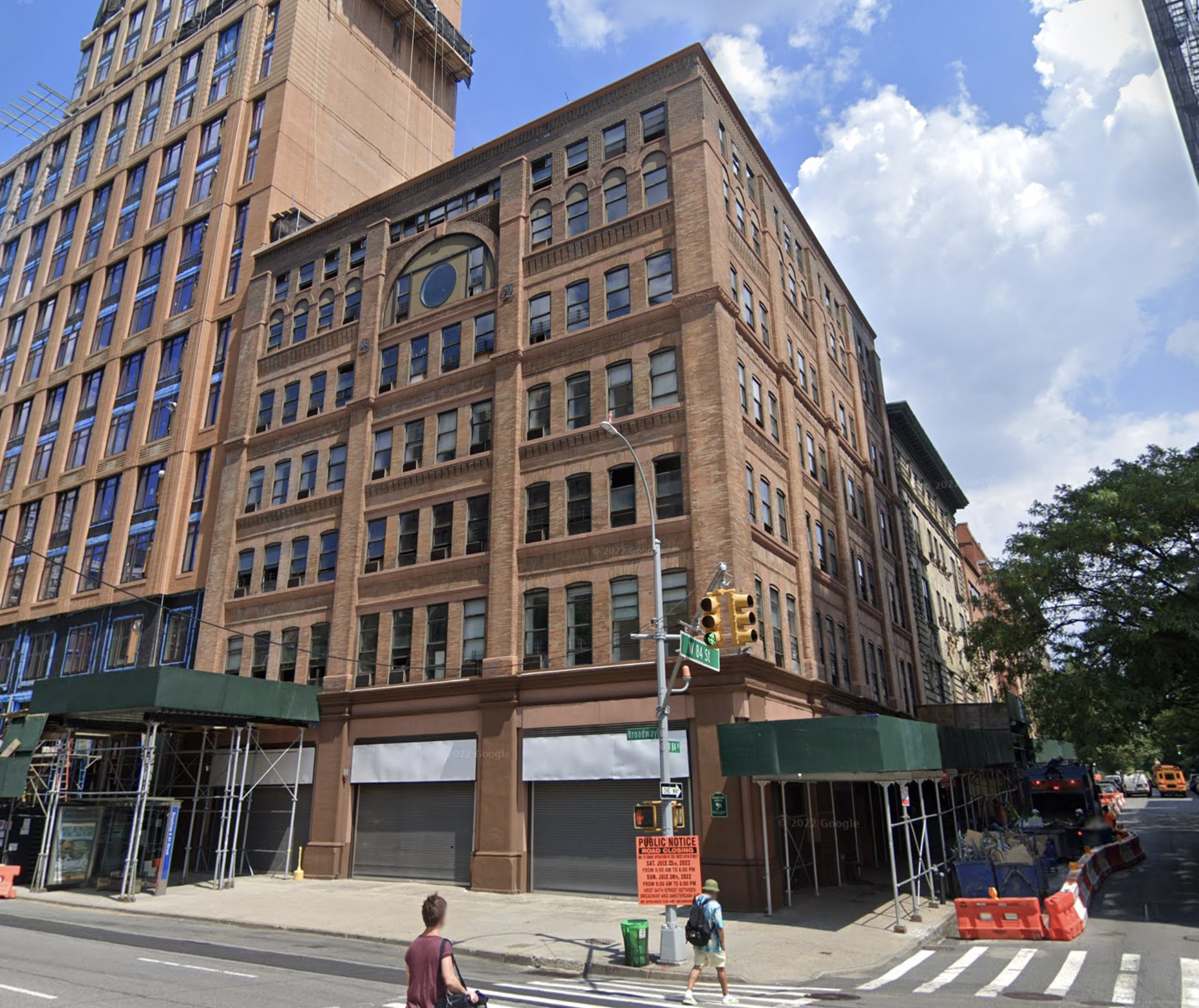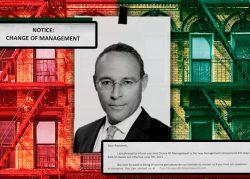In the knock-down, drag-out fight at 215 West 84th Street, building owner Miki Naftali has the tenant blocking his condo project on the ropes.

215 West 84th Street (Google Maps)
The holdout, Ahmet Ozsu, was rejected for emergency rent aid by the state. Approval would have protected him from eviction for up to a year, boosting his leverage to demand a seven-figure buyout from the developer.
But Ozsu’s lawyer, Adam Leitman Bailey, said the renter still has options and can push back Naftali’s plan to convert the rental building to a luxury condominium for months, if not longer. Naftali, for his part, said he isn’t planning to start work for a while anyway — meaning he won’t be rushed into a big payout.
Last month, a housing court judge ruled that Ozsu, the Upper West Side building’s last remaining tenant, could stay in his penthouse while the state reviewed his rent relief application. But late last week, the state denied Ozsu’s application, saying it had not sought payment for arrears, only future rent. (The Emergency Rental Assistance Program provides up to 12 months of back rent and three months of advance rent.)
Naftali had filed to evict Ozsu in January, claiming the tenant had overstayed a terminated lease and hadn’t paid rent since September. Ozsu countered by applying for the aid, which forbids eviction while the request is reviewed. As the two sides could not come to terms on a buyout, Naftali filed demolition plans for the building in July.
Ozsu told The New York Times in April that he turned down an initial $30,000 buyout offer. Naftali declined to comment on that but claimed Ozsu was seeking more than $1 million.
Read more



The rent aid denial does not put Ozsu at risk of imminent eviction. Leitman Bailey said the decision is likely an error and his client will appeal. He has 30 days to do so.
Court documents show that Ozsu listed at least four months of back rent on his aid application. Leitman Bailey said the tenant did seek relief for those arrears, contrary to the state’s rationale for rejecting aid.
Still, the action by the state’s Office of Temporary and Disability Assistance, which runs the relief program, was a surprise. The agency had told Ozsu in early September his application had been provisionally approved, according to an email shared with The Real Deal. It just needed Naftali to confirm how much was owed.
It’s unclear if Naftali’s response — or lack of one — played a role in the denial. Landlords have said their ERAP filings must match those of their tenants for funding to be approved. Both Naftali and his counsel declined to comment on the suit.
Previously, Naftali had said he would not accept money from the program because he was not pursuing rent from Ozsu. Under program rules, if owners refuse to accept money, the tenant is still insulated from eviction.
OTDA is not known for timely, accurate decisions on ERAP applications. Leitman Bailey said he expects the agency to conclude that the denial was a mistake.
If it does not, Ozsu still has a few routes to put off eviction and further delay Naftali’s project. If his aid appeal succeeds, Ozsu would be eligible for up to 12 months of eviction protection.
But the appeal by itself could take a while. OTDA has a backlog of applications; it took the agency eight months to decide Ozsu’s.
Even if Ozsu’s appeal fails, Leitman Bailey could pursue the retaliatory eviction claim he filed that alleged Naftali tried to push the tenant out. Ozsu has lodged two HP actions, which include harassment claims and accounts of unaddressed repairs.
The latest, filed last week, alleges the developer created “outrageous construction noise,” disabled the elevator to the laundry room, cut off Ozsu’s mail delivery for months, flooded the lobby, severed the tenant’s internet cables and shut off the electricity outside his apartment.
Under the 2019 rent stabilization law, landlords facing a retaliatory harassment claim bear the burden of providing a “credible explanation.” Failure obligates them to offer a new lease or a renewal that extends up to one year.
Leitman Bailey said he does not know how long the court and administrative cases will take to sort out, but “it’s not going to be only a few months.”
“Stay tuned,” the attorney said.
Time is money for developers, but Naftali’s camp signaled that he is prepared to wait Ozsu out. A spokesperson said waiting a year or two to begin construction could actually benefit the project, given that financing and construction costs are currently high and condo sales slow. Naftali bought 215 West 84th in June 2021 when borrowing was cheap.
“They are not rushing to start the construction,” the spokesperson said, “and are allowing the legal system to do its job.”
